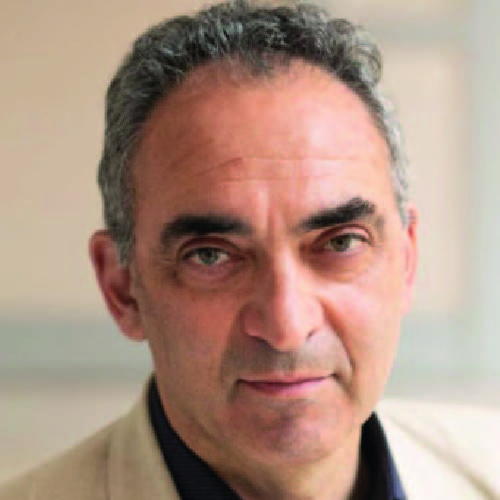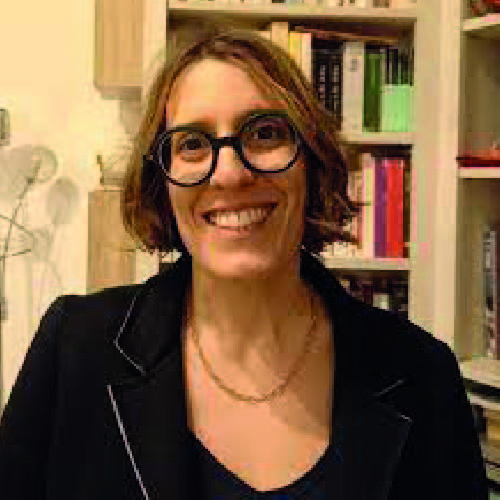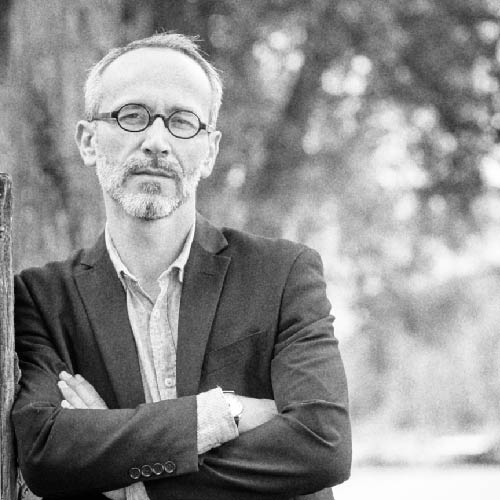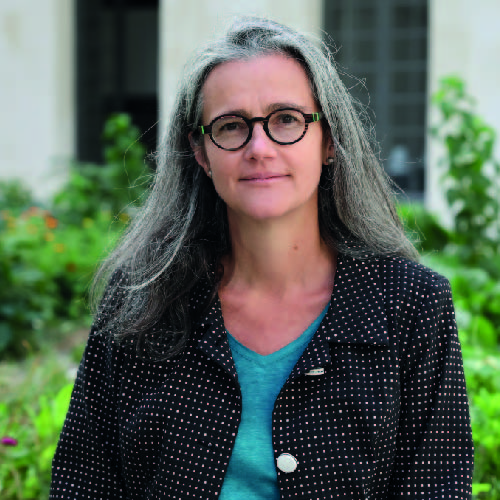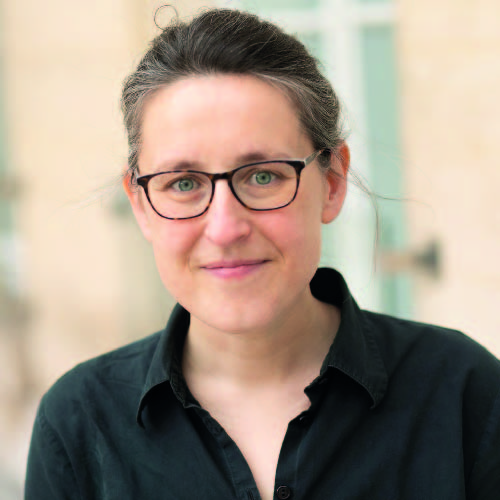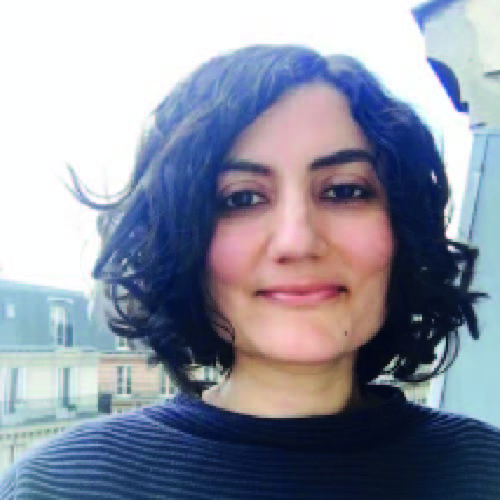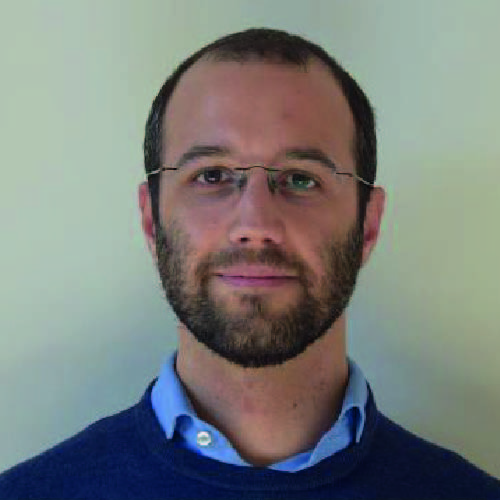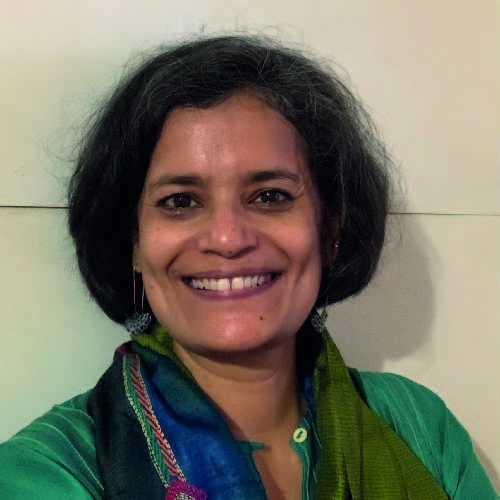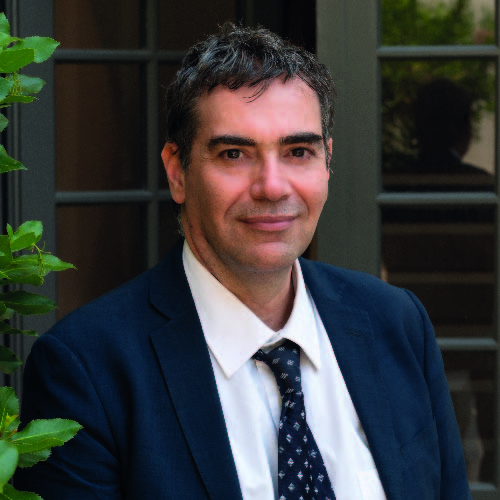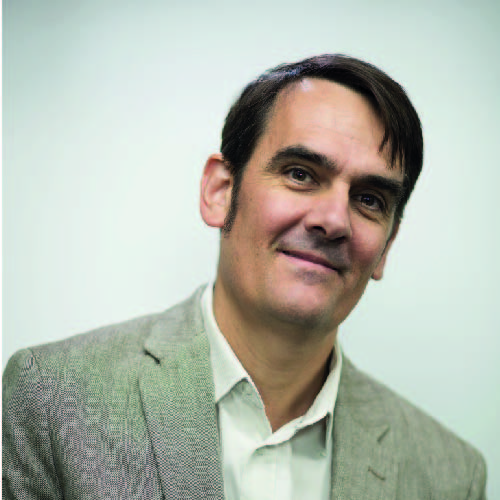AESOP 2024 ANNUAL CONGRESS | SPECIAL SESSIONS
36th AESOP Annual Congress 2024 Paris, France
“GAME CHANGER? Planning for just and sustainable urban regions”
Transformative change in spatial planning for biodiversity: insights from innovative planning policies and practices
This Special Session is hosted within Track 7
Organizers:
- M. Susana Orta-Ortiz, University of Trento, Department of Civil, Environmental and Mechanical Engineering
-
Yuanzao Zhu, Helmholtz Centre for Environmental Research–UFZ, Department of Environmental Politics
Speakers:
- M. Susana Orta-Ortiz, University of Trento, Department of Civil, Environmental and Mechanical Engineering
- Yuanzao Zhu, Helmholtz Centre for Environmental Research–UFZ, Department of Environmental Politics
The systematic disregard of the wide spectrum of biodiversity values in spatial planning decision-making processes is one of the most pressing drivers of the double climate-biodiversity crisis with detrimental impacts on society. This special session addresses what needs to be changed (and how) in spatial planning in order to fairly mainstream different forms of biodiversity values and views. For this purpose, we invite submissions that explore the role of spatial instruments such as plans and programmes, and other instruments and approaches employed in spatial planning policy and practice such as strategic and financial instruments, ecosystem services mapping and assessment methods, environmental assessment, and the implementation of the mitigation hierarchy. We welcome theoretical contributions framing the transformative potential of spatial planning for safeguarding and enhancing biodiversity e.g., through certain land uses), balancing responsible consumption and production patterns (e.g., by reducing land take), and reducing socio-economic inequalities (e.g., by ensuring equal access of nature’ benefits in urban areas). We also welcome empirical applications that provide practical insights for implementing such transformative potential across different nuts levels and spatial planning realities in the European context. An example of recent research on this topic is the EU BioValue project (Biodiversity value in spatial policy and planning leveraging multi-level and transformative change). Starting from its results, some transformative potential elements and practices will be presented. Some of these include involving multiple actors and sectors and empowering minorities (i.e., inclusive approach), integrating different sources and types of knowledge (i.e., pluralist approach), and anticipating and preparing for unexpected events (i.e., proactive approach). Other elements point out old and unsustainable practices that need to be phased out from existing spatialplanningsystemstofostersustainability transition.
Keywords: transformative change; biodiversity strategies; sustainable transitions; green growth; urban and peri-urban contexts
LOC
The Local Organising Committee
